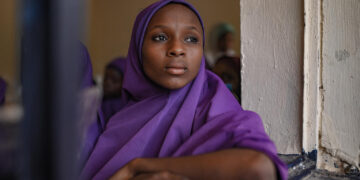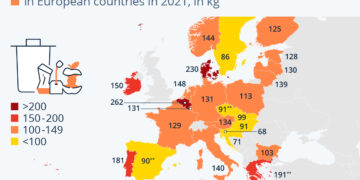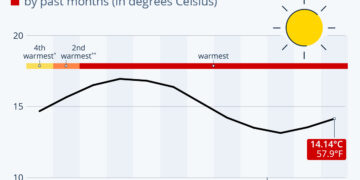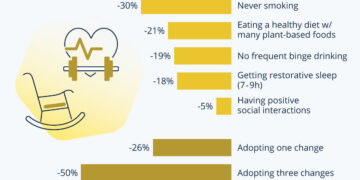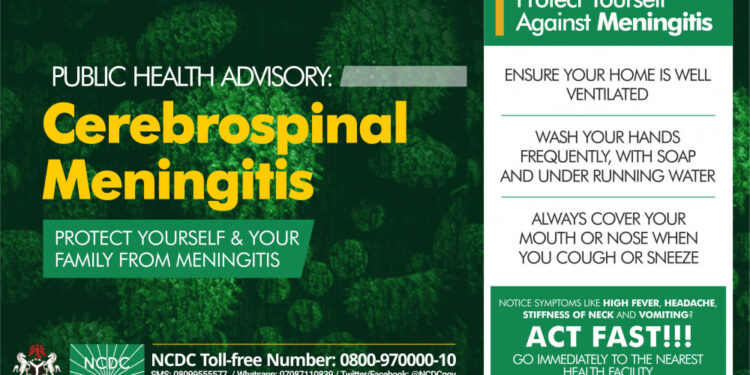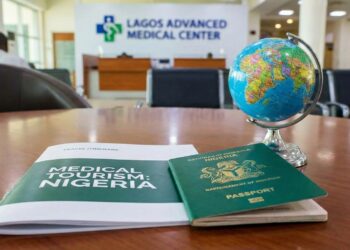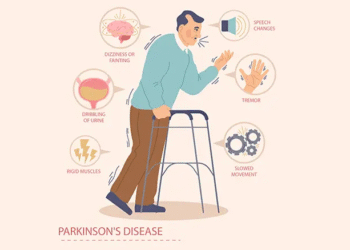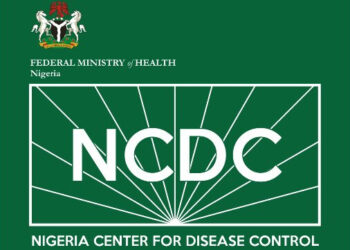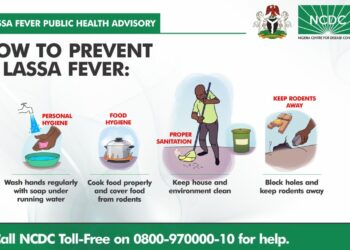Nigeria is currently facing a serious meningitis outbreak, with 151 reported deaths and over 1,800 suspected cases spanning 23 states, according to the Nigeria Centre for Disease Control and Prevention (NCDC). The outbreak is hitting hardest in northern Nigeria, where healthcare systems are under significant strain.
From March 17 to 23, 2025 (Epidemiological Week 12), the NCDC collected 289 samples from suspected cases—126 of those tested positive, reflecting a high 44% positivity rate.
The most common strain identified is Neisseria meningitidis serogroup C (NmC), responsible for 27% of confirmed cases. This is followed by serogroup W (NmW), which accounts for 13.5%.
Children between the ages of 5 and 14 are the most affected, and males make up 60% of the suspected cases. This demographic vulnerability highlights the urgent need for targeted interventions.
Out of the 23 affected states, 10 are facing the most critical situations. Kebbi and Sokoto states alone account for a staggering 94% of all suspected cases. Gwandu LGA in Kebbi tops the list with 313 suspected cases, followed by Tambuwal LGA in Sokoto with 155.
In response, the NCDC has ramped up surveillance, testing, and public health education campaigns. Vaccination efforts are being fast-tracked in the hardest-hit areas to curb further spread and save lives.
Health experts urge the public to seek immediate medical attention if symptoms such as fever, severe headache, neck stiffness, or confusion appear—early treatment can mean the difference between life and death.
This outbreak is a stark reminder of the importance of vaccines, timely healthcare access, and community awareness in preventing deadly diseases like meningitis.

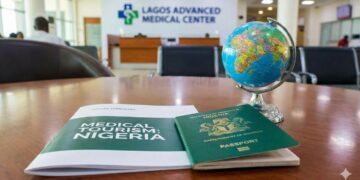
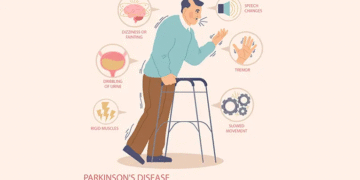

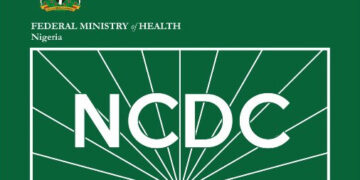
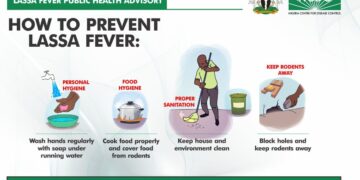



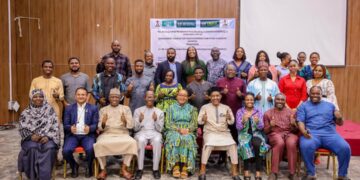


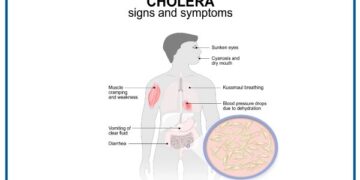
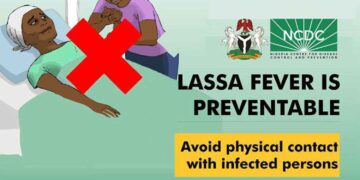
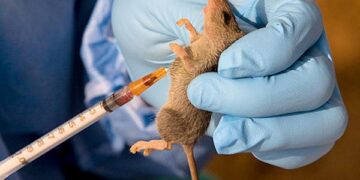



![Antimicrobial Resistance [AMR] in Hausa](https://healthtoday.com.ng/wp-content/uploads/2024/02/antimicrobial-resistance-AMR--360x180.jpeg)


